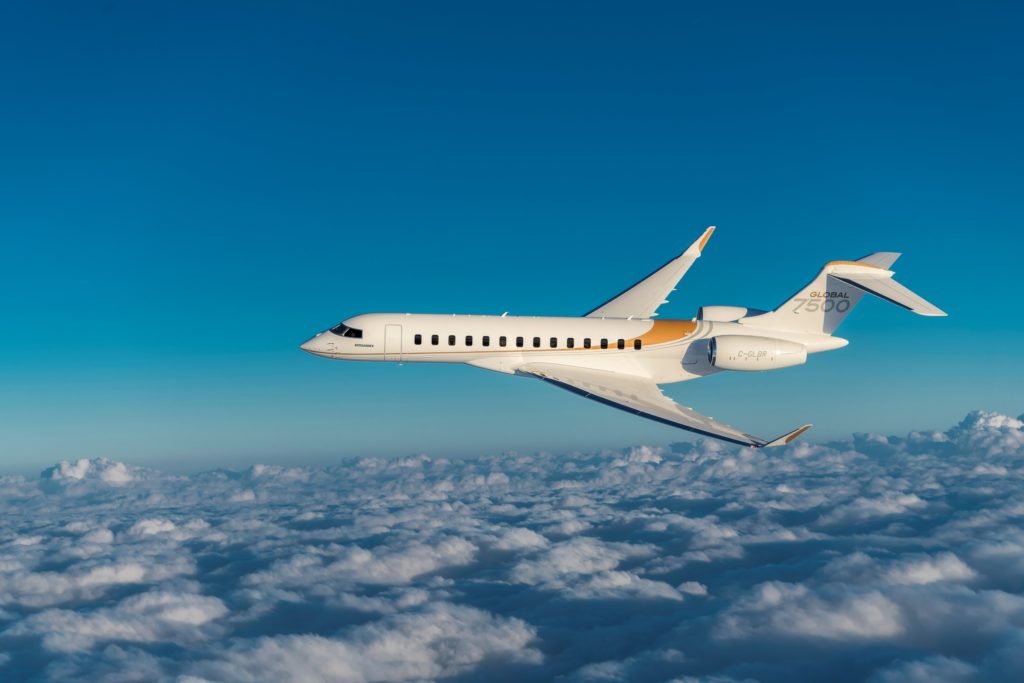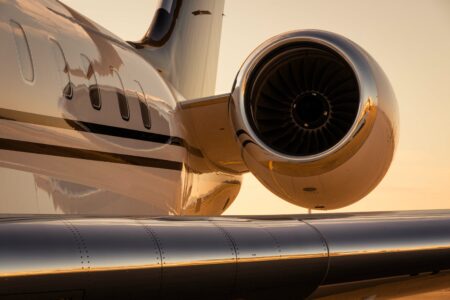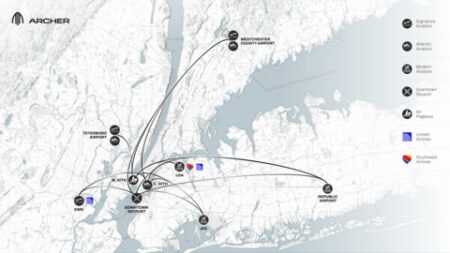Flying in fractionally-owned aircraft became more popular than ever before last year and is predicted to grow even further this year, industry analysts predict.
Data from Argus TraqPak shows that fractional aircraft operators in North America flew more than 833,000 hours in 2022 – an increase of 7% compared to 2021 and a massive 65% compared to 2020 levels during the pandemic. The number of fractional flights taken increased more than charter flights or wholly-owned flights in 2022.
Fractional flight growth this year will be enabled by an increase in the number of aircraft available predicts Nick Copley, president of shared luxury travel data company SherpaReport.com.
Copley said, “The next 12 months will continue to be very busy for the fractional market. The key trends for increased activity relate to a wider variety of aircraft, shorter wait times to gain access to fractional ownership, a favorable buyer’s market, flexible structures, and an increased focus on sustainability.”
Aircraft orders
Many fractional companies have orders with OEMs for aircraft and are expecting deliveries in 2023 and 2024. These will provide customers with more choice and shorter wait times.
Fractional aircraft providers on this list include NetJets, Flexjet, PlaneSense, Airshare, AirSprint, Volato, Jet It, Nicholas Air, Volato, and flyExclusive. The types of aircraft being ordered vary from helicopters and turboprops to ultra-long range jets.
“Fractional companies are not just replacing aircraft, they are adding to their fleets. NetJets is aiming to have 1,000 aircraft in its fleet by end of 2023 – up from 750 before the pandemic,” said Copley. “Flexjet is expanding its fleet from 160 aircraft pre-pandemic to over 250 at the end of 2022, and anticipates taking delivery of approximately 40 additional aircraft in 2023.”
Meanwhile, wait times to buy fractional shares have decreased as more aircraft are delivered to operators and stock is provided to new fractional owners during this year.
Sustainability
Copley believes that growth this year will also be facilitated by customers whose environmental concerns are assuaged by fractional firms that are beginning to offer environmental schemes such as sustainable aviation fuel (SAF) and carbon offsetting.
NetJets has committed to buying 3 million gallons of SAF, while Flexjet offsets 300% of the carbon emissions from every flight it operates. AirSprint, Volato and flyExclusive also have carbon
offset programs.
“The business aviation industry is aware of the need to increase sustainability and fractional companies are no exception,” said Copley. “The number of ultra-high net worth individuals continues to increase globally. In addition, commercial flying is plagued with more headaches and delays now than it was before Covid-19.
“Fractional is expected to secure business from these trends, as it remains more cost-effective than full ownership,” he says.
Impact on FBOs
The growth in fractional flights is positive news for FBOs and airports, many of which rely on fuel sales as a major revenue source.
The increase in flight activity could also lead to increased investment in ground infrastructure as operators look to enhance branding and customer experience on the ground.
“Operators like NetJets have their own FBOs and terminals and have been expanding that network in the larger markets. They want to give their customers a standardized, high quality experience on the ground. That’s been a trend for several years,” said Copley.
This also extends into other areas such as ground transport and catering, he added.





